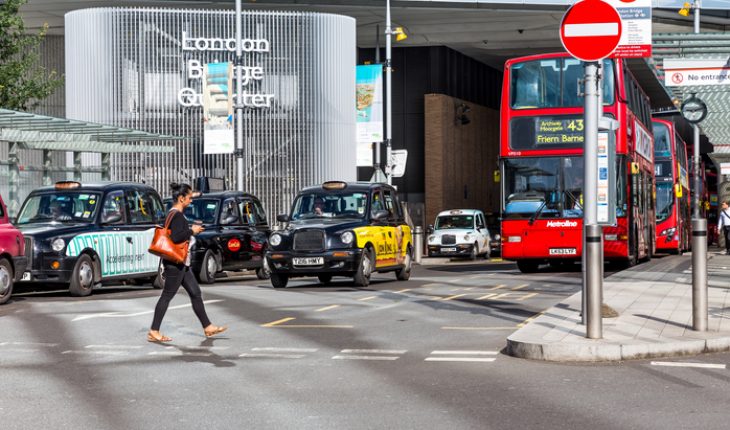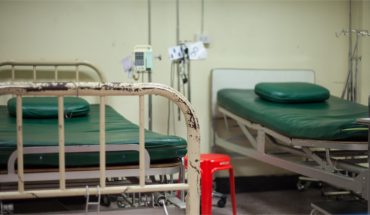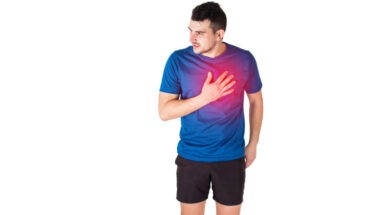If you live and work in a city, the chances are that you are exposed to high levels of air pollution at least some, if not all, of the time. According to DEFRA figures, 169 local authorities in the UK breached annual legal limits on nitrogen dioxide, linked to lung disease, in 2015. This winter, we have already had days in London where air pollution was worse than the smoggy city of Beijing in China. Exhaust fumes from diesel vehicles, combined with particulates from industry and even wood-burning stoves, can mean that the air we breathe is laden with toxins that can affect breathing and exacerbate existing health conditions. Particulates from diesel are carcinogens and linked to lung cancer.
I live in a rural area outside London, but when I head to the capital and step off the train, I can often feel my chest tightening. Children are worst affected because their lungs are still developing. A study carried out by researchers in California found that children who grew up in areas of high air pollution, were four times more likely to have stunted lungs that didn’t grow properly. Lungs stop developing in adolescence. This meant that these children were more likely to suffer breathing problems and lung disease in adult life. Back in the UK, to address this, the government must ensure air pollution levels are monitored around schools located close to busy roads. This will arm parents and teachers with the information they need to take action to protect children’s health.
The Mayor of London is doing sterling work by posting alerts at bus and rail stations to make people aware of the problem. The long term solution must be driven by policy, including taking measures to reduce the number of the most polluting diesel vehicles in cities, and that’s why we’re calling for a new fair and ambitious Clean Air Act. But there are short-term ways to protect yourself and your family. If you walk to work, avoid busy congested roads and take the backways instead. Even moving 50 metres away from lines of slow moving traffic can reduce exposure to pollutants by more than half. Be aware that sitting in a vehicle with closed windows may not be protecting your from outside pollutants. In fact, vents in vehicles often draw in air right from the area where the car in front is emitted exhaust fumes.
At home, make sure you ventilate your kitchen, especially if you are cooking with gas or have a gas boiler operating. Your wood burning stove should be sealed, so it is not smoking or venting into your sitting room.
We’re campaigning for practical changes to reduce pollution, because we passionately believe everyone has a right to breathe clean air with healthy lungs.
Campaign for cleaner air:
https://www.blf.org.uk/take-action/campaign/clean-air
- Lung disease piling on the pressure in A&E - 31st January 2018
- Why we support more tax on diesel - 23rd November 2017
- The cost of lung disease - 16th March 2017







